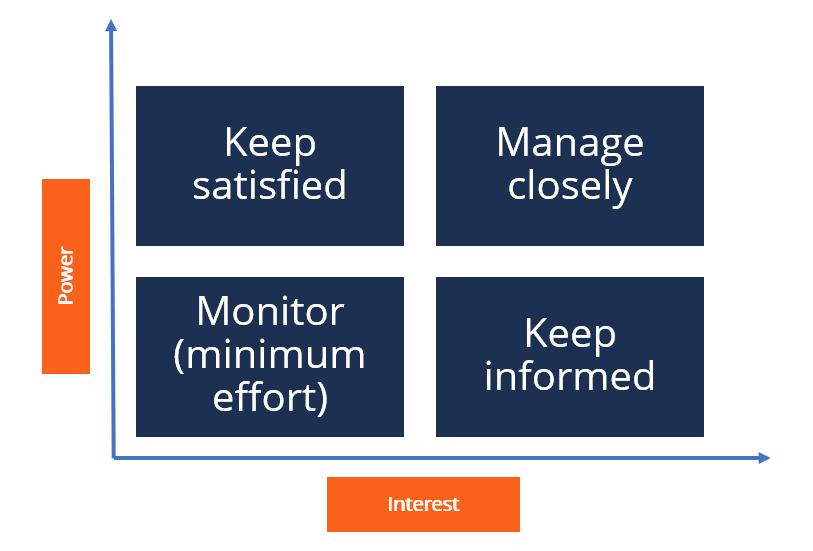📚 Unlock the World of AI and Humanity with These Two Free Books! 🚀
Dive into the thrilling realms of artificial intelligence and humanity with "The ECHO Conundrum" and "Awakening: Machines Dream of Being Human". These thought-provoking novels are FREE this week! Don't miss the chance to explore stories that challenge the boundaries of technology and what it means to be human.
Read More & Download
PESTEL analysis is a strategic framework used to evaluate the external macro-environmental factors that can impact a business. This analysis helps organizations understand opportunities and threats, informing strategic decision-making and improving preparedness for potential challenges. It examines Political, Economic, Social, Technological, Environmental, and Legal factors, providing a holistic view of the external landscape.

Political Factors
Political factors encompass government policies and regulations, political stability, and international relations. These factors can significantly influence business operations, market access, and overall profitability. Examples include tax policies, trade agreements, and political instability in key markets. Businesses must monitor political developments and adapt their strategies accordingly.
 Political Factors in PESTEL Analysis
Political Factors in PESTEL Analysis
Economic Factors
Economic factors relate to the overall economic climate, including growth rates, inflation, interest rates, exchange rates, and unemployment levels. These factors directly impact consumer spending, investment decisions, and business costs. Understanding economic trends is crucial for forecasting future performance and making informed financial decisions.

Social Factors
Social factors reflect societal trends, cultural norms, demographics, and consumer behavior. These factors shape consumer preferences, demand for specific products and services, and the overall market landscape. Businesses need to understand social changes to effectively target their marketing efforts and develop products that resonate with their target audience. Analyzing factors like population growth, age distribution, and lifestyle trends can reveal valuable insights.
📚 Unlock the World of AI and Humanity with These Two Free Books! 🚀
Dive into the thrilling realms of artificial intelligence and humanity with "The ECHO Conundrum" and "Awakening: Machines Dream of Being Human". These thought-provoking novels are FREE this week! Don't miss the chance to explore stories that challenge the boundaries of technology and what it means to be human.
Read More & Download

Technological Factors
Technological factors refer to advancements in technology, automation, research and development, and the adoption of new technologies. These factors can disrupt industries, create new opportunities, and impact the way businesses operate. Staying ahead of technological trends is vital for maintaining competitiveness and leveraging innovation to improve efficiency and develop new products and services. This includes analyzing the impact of automation, artificial intelligence, and digital transformation.

Environmental Factors
Environmental factors pertain to environmental regulations, sustainability concerns, climate change, and resource availability. These factors are increasingly important for businesses as consumers become more environmentally conscious. Companies must consider their environmental impact and adopt sustainable practices to meet regulatory requirements and build a positive brand image. This includes analyzing factors such as carbon emissions, waste management, and renewable energy.
Legal Factors
Legal factors involve laws and regulations related to employment, consumer protection, competition, and intellectual property. Businesses must comply with these legal frameworks to avoid penalties and maintain a positive reputation. Understanding legal requirements in different jurisdictions is essential for businesses operating internationally. This encompasses analyzing areas such as data privacy laws, labor laws, and antitrust regulations.
Conclusion
PESTEL analysis is a valuable tool for businesses of all sizes to understand and navigate the complex external environment. By systematically analyzing Political, Economic, Social, Technological, Environmental, and Legal factors, organizations can identify potential opportunities and threats, develop proactive strategies, and make informed decisions that enhance their chances of success in a dynamic marketplace. Regularly conducting a PESTEL analysis allows businesses to adapt to changing conditions and maintain a competitive edge. Incorporating the insights from a PESTEL analysis into strategic planning is essential for long-term sustainability and growth.
📚 Unlock the World of AI and Humanity with These Two Free Books! 🚀
Dive into the thrilling realms of artificial intelligence and humanity with "The ECHO Conundrum" and "Awakening: Machines Dream of Being Human". These thought-provoking novels are FREE this week! Don't miss the chance to explore stories that challenge the boundaries of technology and what it means to be human.
Read More & Download

